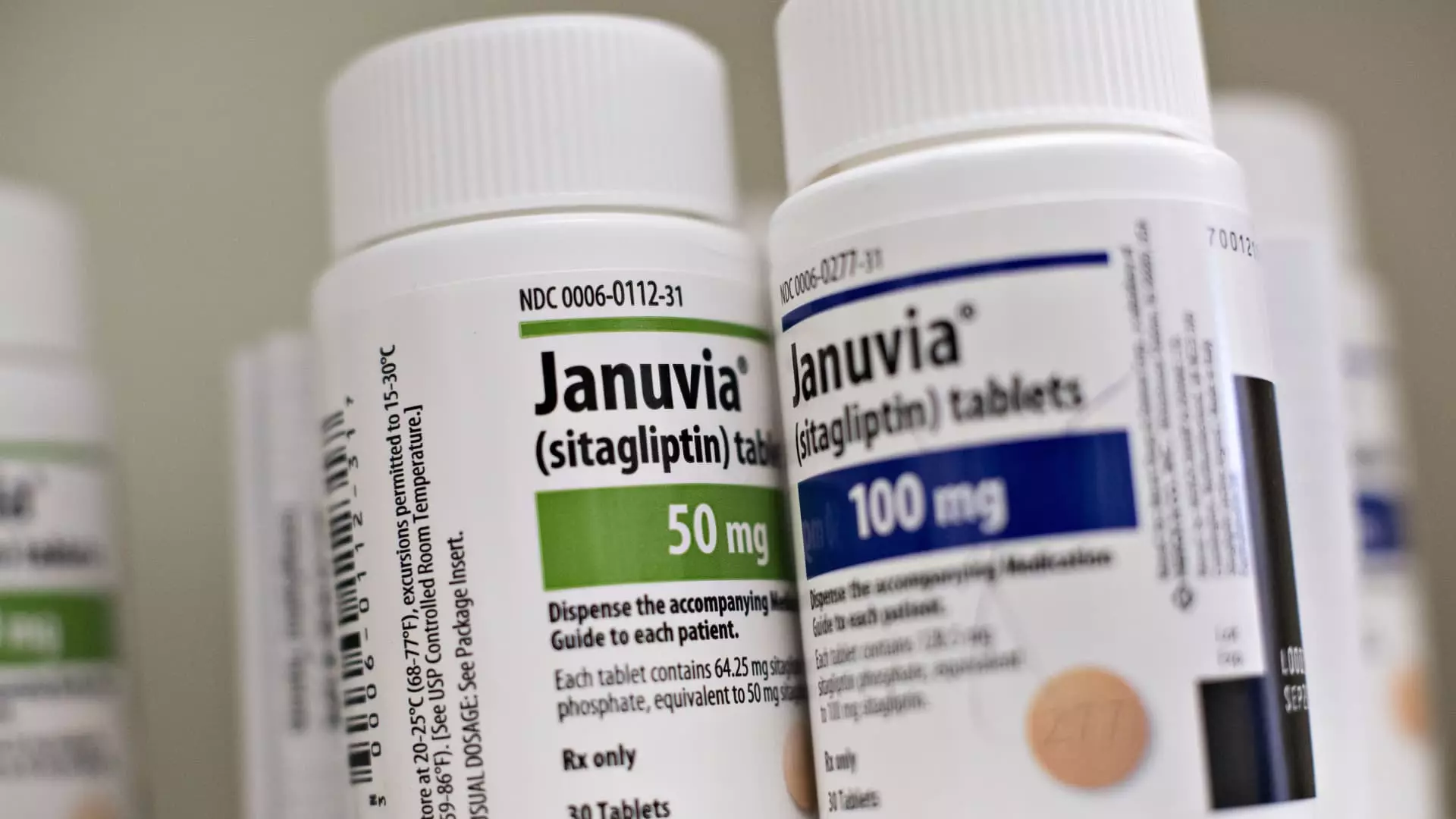Medicare, a government-funded healthcare program that primarily caters to individuals aged 65 and older, is about to embark on a major shift in its approach to drug pricing. For the first time since its inception nearly 60 years ago, Medicare will engage in direct negotiations with pharmaceutical companies in an effort to lower drug costs. This historic initiative, set to commence this fall, is a vital component of President Biden’s campaign to tackle the soaring prices of prescription medications in the United States.
The Targeted Medications
By September 1, the Centers for Medicare and Medicaid Services (CMS) will unveil the list of ten drugs selected for negotiation this year. While the specific medications have not been disclosed, several pharmaceutical manufacturers have already anticipated that some of their widely-used drugs will be targeted. According to court filings, Merck expects two of its most popular drugs, Januvia (used to treat Type 2 diabetes) and Keytruda (an immune therapy for cancer), to be included. Similarly, Bristol-Myers Squibb and Johnson & Johnson anticipate negotiations involving their blood thinners, Eliquis and Xarelto, respectively. Abbvie foresees the inclusion of its blood cancer drug, Imbruvica. Furthermore, an analysis conducted by the Journal of Managed Care and Specialty Pharmacy suggests that Jardiance, Enbrel, Symbicort, Ibrance, Xtandi, and Breo Ellipta may also make the list.
The Need for Change
The decision to introduce drug price negotiations through Medicare stems from the alarming rise in the cost of prescription medications. A recent study by AARP, an influential advocacy group for individuals aged 50 and older, reveals a steady increase in the list prices of Medicare’s top 25 drugs. On average, these prices have more than tripled since their introduction to the U.S. market, surpassing inflation rates by a significant margin. For instance, Januvia’s list price has surged by 275% since 2006, while Eliquis, Xarelto, and Imbruvica have experienced increases of 124%, 168%, and 108%, respectively. These exorbitant price hikes far outpace the corresponding inflation rates, resulting in financial hardship for Medicare beneficiaries who rely on these medications.
AARP’s Support for the Initiative
AARP, which strongly advocates for the negotiation of drug prices, emphasizes the burden faced by individuals enrolled in Medicare. The rising out-of-pocket costs for prescription drugs are gradually becoming unaffordable, with many older adults struggling to meet these expenses. Leigh Purvis, an analyst specializing in healthcare costs at AARP, highlights the bleak realities faced by Medicare beneficiaries. Purvis states that the escalating drug prices have led one in five older adults to resort to cost-saving measures such as skipping doses or not filling prescriptions. To combat this alarming trend, AARP fully supports Medicare’s efforts to directly negotiate drug prices.
The Legal Battle
Not surprisingly, the pharmaceutical industry has launched numerous lawsuits in an attempt to halt the drug price negotiations. Drug manufacturers argue that the program infringes on their property rights and claim it poses a severe threat to their profits and future drug development. Bristol-Myers Squibb, Johnson & Johnson, Merck, the U.S. Chamber of Commerce, and the Pharmaceutical Research and Manufacturers of America are among the entities that have filed lawsuits across various federal district courts. By spreading these lawsuits across the country, the companies hope to increase the likelihood of the cases eventually reaching the Supreme Court.
The Uncertain Path Forward
Despite CMS’s commitment to publishing the list of ten drugs by September, uncertainties loom over the progress of the negotiations. The U.S. Chamber of Commerce has requested a federal judge in Ohio to block the program before October 1. AARP’s legal team vice president, Kelly Bagby, expresses doubt regarding the Chamber’s ability to convince the judge that their interests outweigh those of Medicare beneficiaries. Bagby counters the pharmaceutical companies’ claims of victimhood and emphasizes the need to protect the integrity of the Medicare program while alleviating the burden on older and vulnerable individuals.
The Negotiation Process
Once the list of drugs is made public, manufacturers must sign agreements to participate in the negotiations by October 1. In February 2024, CMS will present an initial price offer to the companies, who will then have one month to submit a counteroffer. The negotiation process will conclude in August 2024, followed by the publication of reduced drug prices the following month. These lower prices are expected to take effect in January 2026, potentially resulting in significant cost savings for Medicare beneficiaries.
Medicare’s venture into direct drug price negotiations with pharmaceutical companies is poised to transform the landscape of prescription drug prices in the United States. By targeting high-cost medications and advocating for reduced prices, the Biden administration aims to make medications more affordable for millions of Medicare beneficiaries. As the negotiations unfold and legal battles ensue, the outcome of this groundbreaking initiative will determine the future of drug pricing in the country.


Leave a Reply